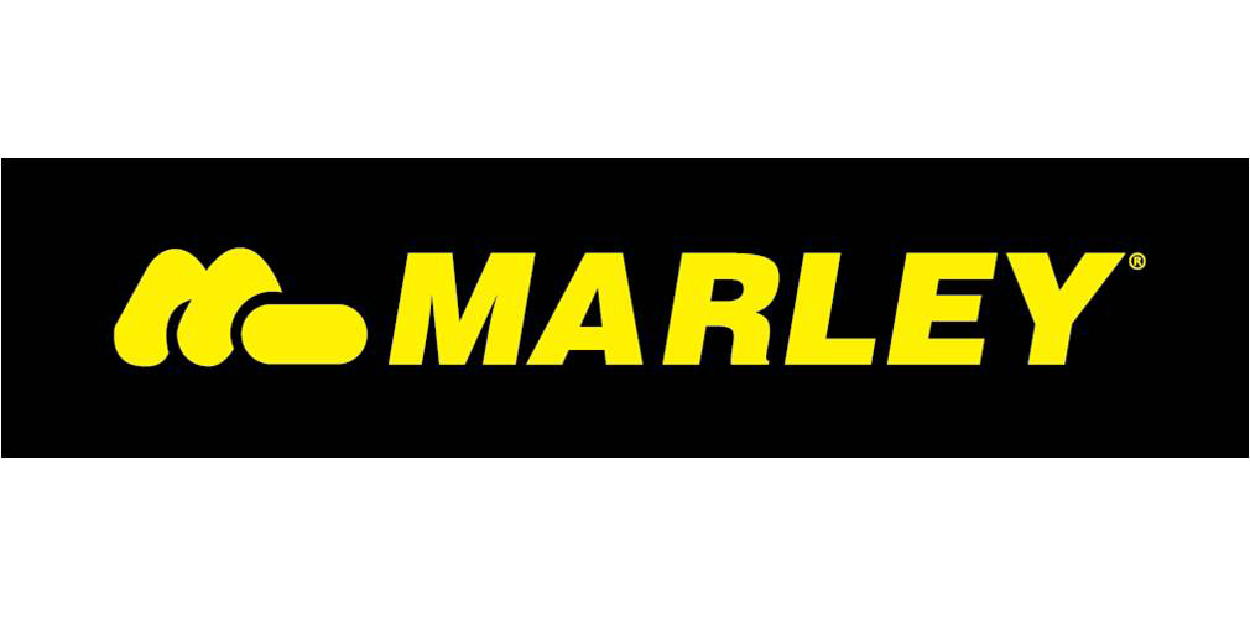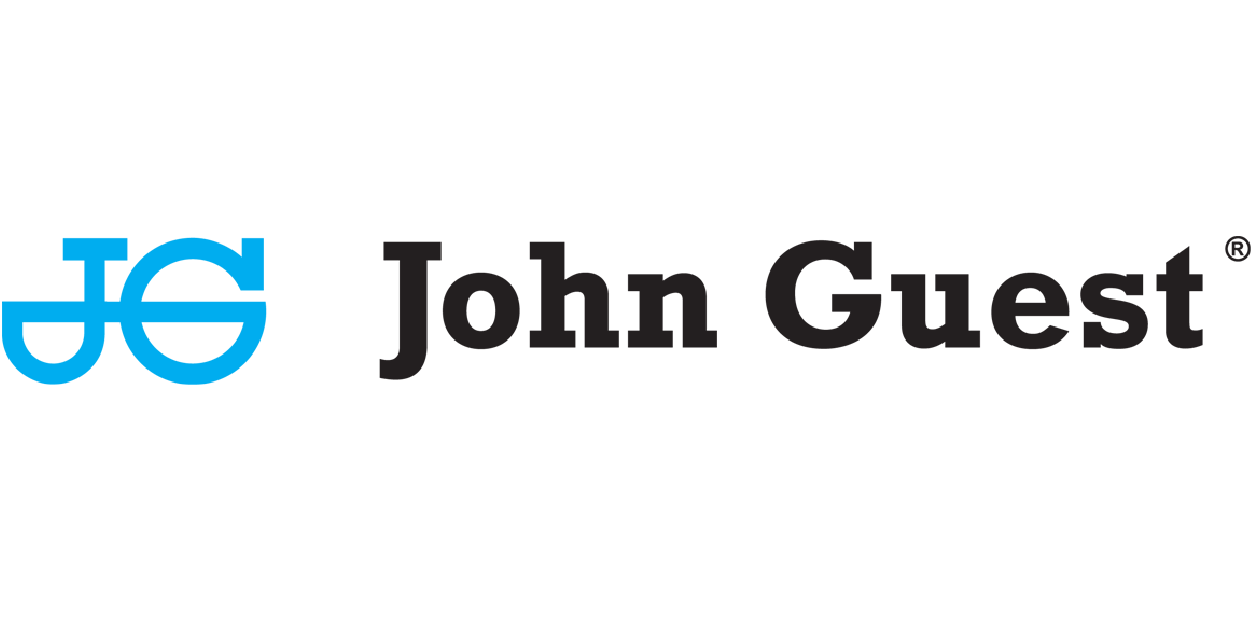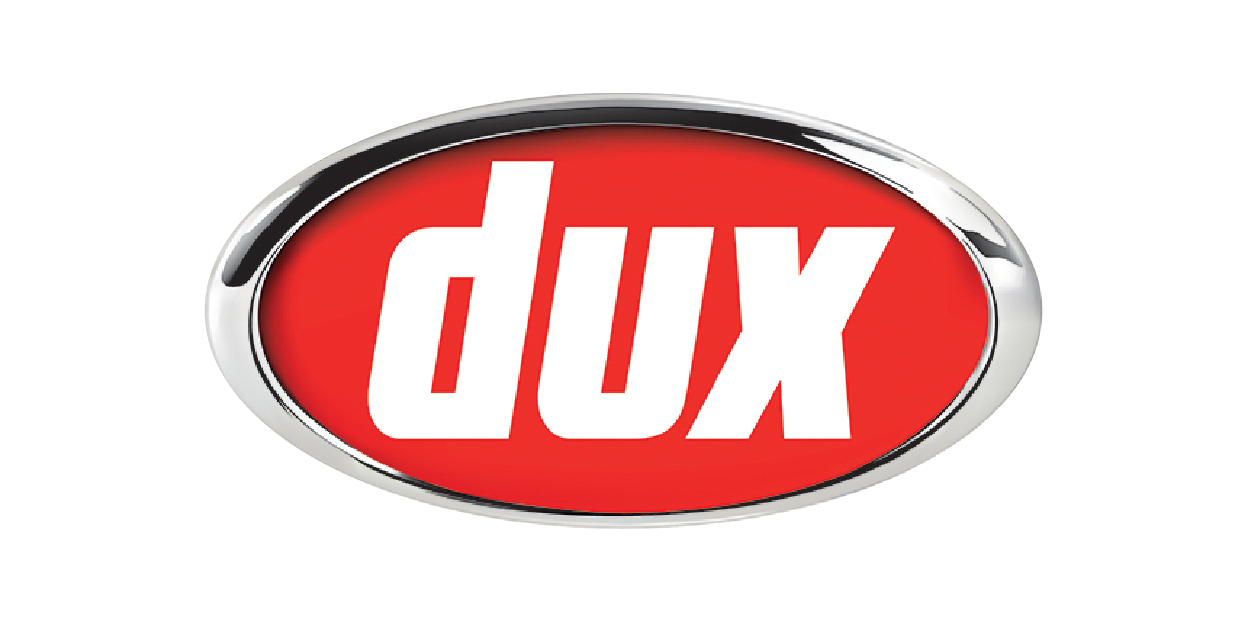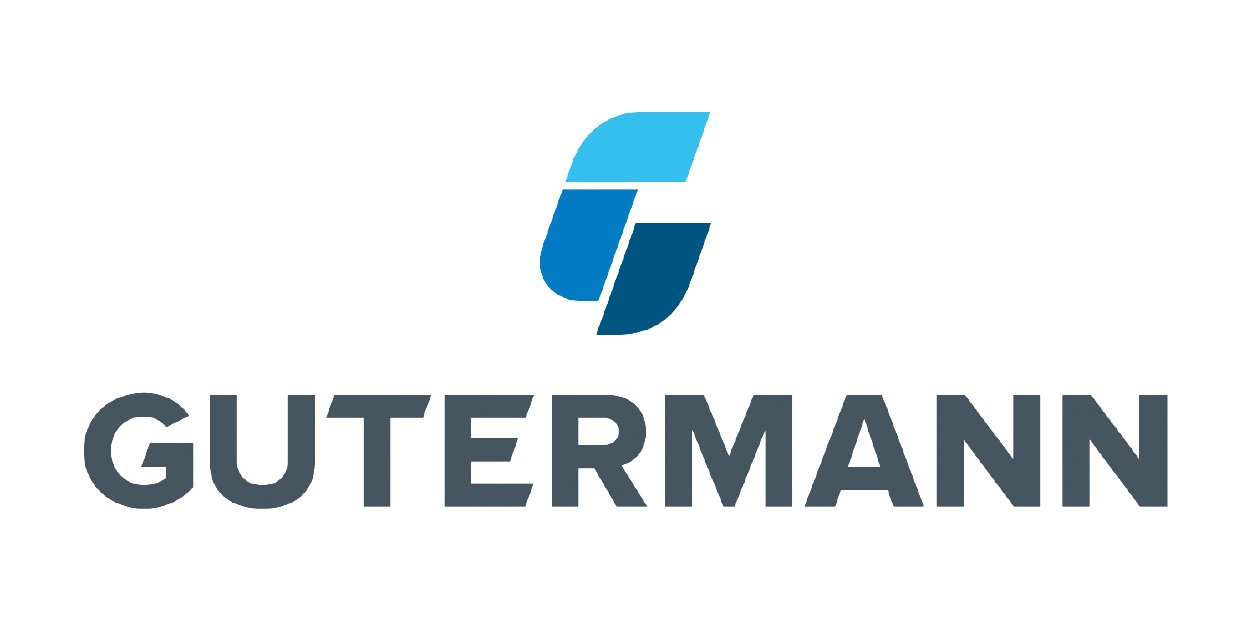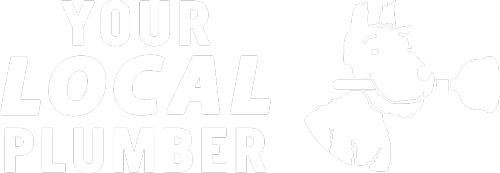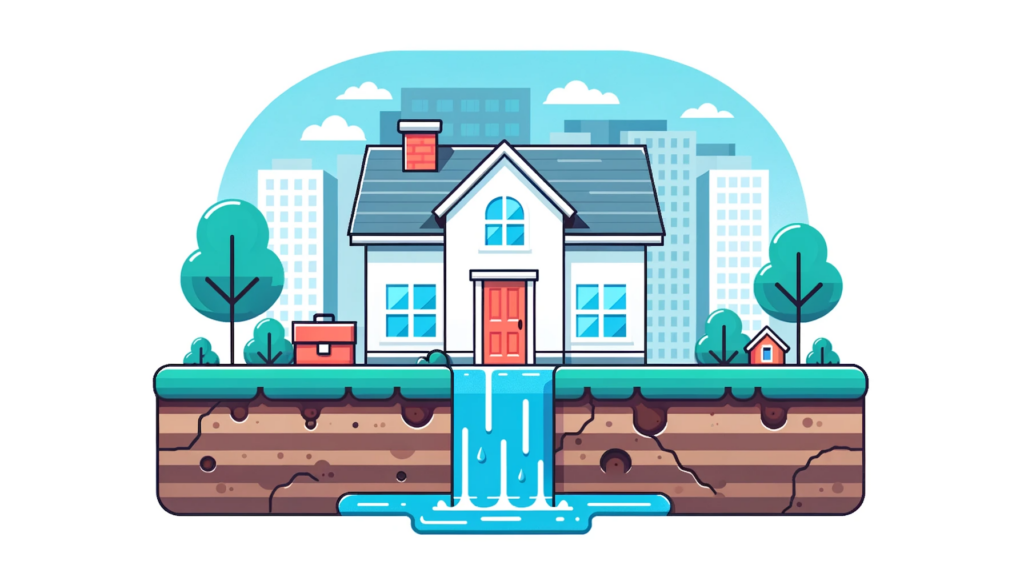
Call Today 09 973 4973 or
Gas Compliance and Safety Audits
Gas compliance and safety audits are essential processes for businesses and organisations in New Zealand that utilise gas for heating, cooking, manufacturing, or any other purpose. These audits are designed to ensure that all gas fittings, appliances, and infrastructure not only meet the current legal and safety standards but also adhere to best practices for operational safety and efficiency. Conducting regular audits helps in identifying potential risks, ensuring the safety of employees and customers, and maintaining compliance with New Zealand’s stringent gas regulations.
Understanding Gas Compliance and Safety Audits
A gas compliance and safety audit involves a thorough examination of a business’s gas systems, including appliances, piping, ventilation, and safety devices. The audit is carried out by licensed gas fitters or inspectors who have the expertise to assess the safety and efficiency of gas installations against the Gas (Safety and Measurement) Regulations 2010 and other relevant standards. The process includes:
- Documentation Review: Checking that all gas work has been documented correctly, including installation, maintenance, and repair records. This ensures that all gas work has been carried out by appropriately qualified individuals and that there is a clear history of the system’s compliance and maintenance.
- Physical Inspection: A detailed examination of gas appliances, connections, and safety systems to identify any signs of wear, damage, or malfunction that could pose a risk. This includes testing for gas leaks, inspecting the condition of pipes and hoses, and ensuring that ventilation systems are effective.
- Safety Device Testing: Verifying that safety devices, such as emergency shut-off valves, gas detectors, and carbon monoxide alarms, are in working order and correctly calibrated.
- Compliance Verification: Ensuring that the gas system complies with current New Zealand standards and regulations, including the correct installation and operation of gas appliances and infrastructure.
Benefits of Regular Audits
- Enhanced Safety: The primary benefit of regular gas compliance and safety audits is the enhanced safety they provide. By identifying and rectifying potential hazards, businesses can protect against gas leaks, fires, and carbon monoxide poisoning.
- Regulatory Compliance: Regular audits help businesses stay up-to-date with evolving gas safety regulations, avoiding legal issues and potential fines for non-compliance.
- Operational Reliability: Audits can identify issues that may affect the reliability and efficiency of gas appliances and systems, allowing for preventative maintenance and repairs that ensure continuous operation.
- Cost Management: By maintaining gas systems in optimal condition, businesses can achieve better energy efficiency, resulting in lower operational costs. Additionally, preventing gas-related incidents can save businesses from costly emergency repairs and downtime.
Implementing Audit Recommendations
Following a gas compliance and safety audit, businesses may receive a list of recommendations for repairs, upgrades, or changes in operational practices. Implementing these recommendations promptly is crucial for maintaining safety and compliance. This may involve scheduling repairs, replacing outdated or damaged equipment, or updating safety protocols and training for staff.
Gas compliance and safety audits are a critical aspect of managing gas systems in New Zealand businesses. By ensuring that gas installations and practices meet the highest standards of safety and efficiency, businesses can protect their employees, customers, and assets. Regular audits, conducted by licensed professionals, provide peace of mind and demonstrate a commitment to safety and regulatory compliance, which is essential for the reputation and success of any business relying on gas for its operations.
Suppliers
